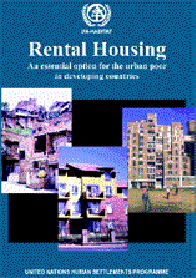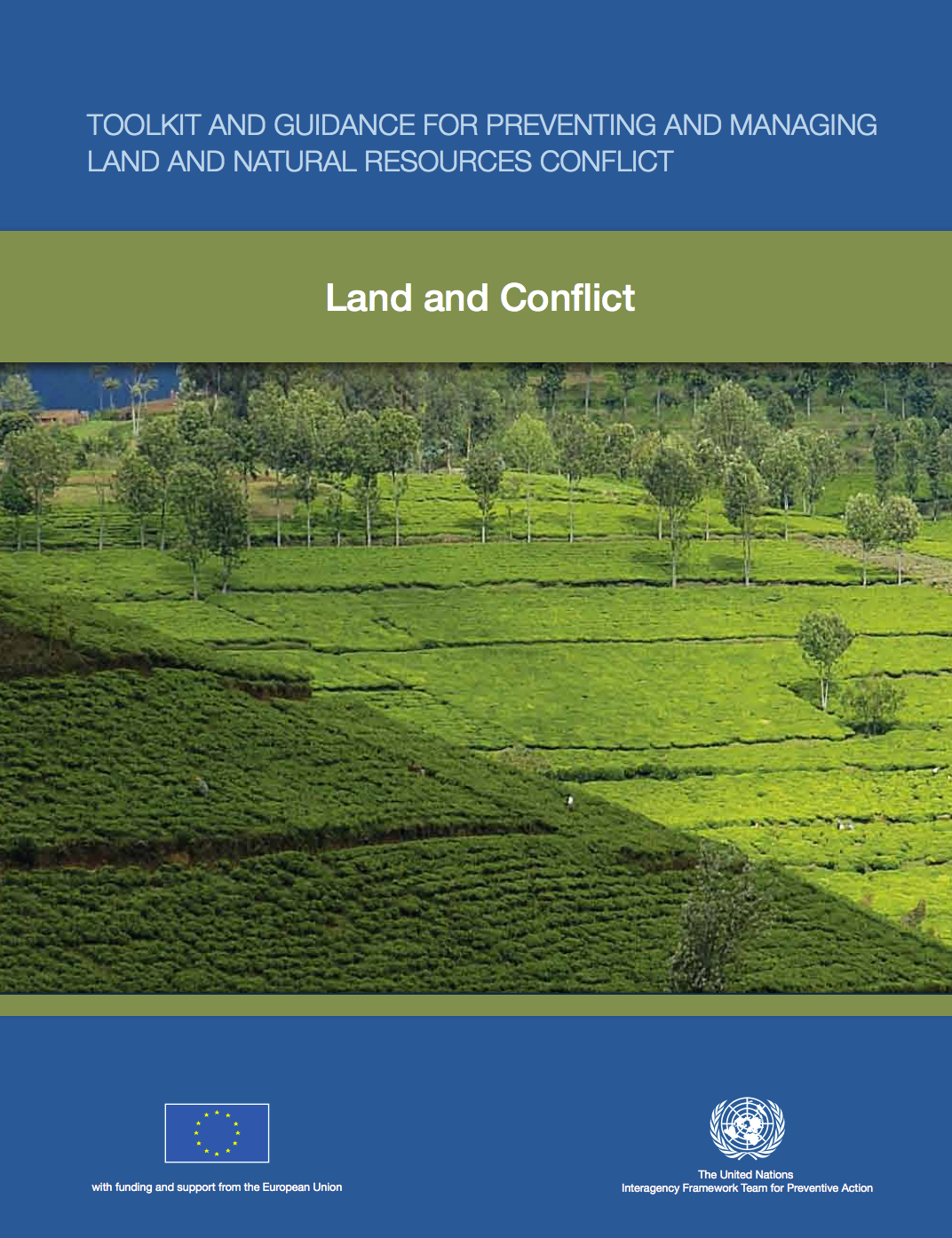Location
UN-Habitat is the United Nations programme working towards a better urban future.
Its mission is to promote socially and environmentally sustainable human settlements development and the achievement of adequate shelter for all. Cities are facing unprecedented demographic, environmental, economic, social and spatial challenges. There has been a phenomenal shift towards urbanization, with 6 out of every 10 people in the world expected to reside in urban areas by 2030. Over 90 per cent of this growth will take place in Africa, Asia, Latin America, and the Caribbean. In the absence of effective urban planning, the consequences of this rapid urbanization will be dramatic. In many places around the world, the effects can already be felt: lack of proper housing and growth of slums, inadequate and out-dated infrastructure – be it roads, public transport, water, sanitation, or electricity – escalating poverty and unemployment, safety and crime problems, pollution and health issues, as well as poorly managed natural or man-made disasters and other catastrophes due to the effects of climate change. Mindsets, policies, and approaches towards urbanization need to change in order for the growth of cities and urban areas to be turned into opportunities that will leave nobody behind. UN-Habitat, the United Nations programme for human settlements, is at the helm of that change, assuming a natural leadership and catalytic role in urban matters. Mandated by the UN General Assembly in 1978 to address the issues of urban growth, it is a knowledgeable institution on urban development processes, and understands the aspirations of cities and their residents. For close to forty years, UN-Habitat has been working in human settlements throughout the world, focusing on building a brighter future for villages, towns, and cities of all sizes. Because of these four decades of extensive experience, from the highest levels of policy to a range of specific technical issues, UN-Habitat has gained a unique and a universally acknowledged expertise in all things urban. This has placed UN-Habitat in the best position to provide answers and achievable solutions to the current challenges faced by our cities. UN-Habitat is capitalizing on its experience and position to work with partners in order to formulate the urban vision of tomorrow. It works to ensure that cities become inclusive and affordable drivers of economic growth and social development.
Members:
Resources
Displaying 196 - 200 of 223Land in Africa: market asset or secure livelihood?
This document summarises the proceedings from a conference organised by International Institute for Environment and Development (IIED) , Natural Resource insitute (NRI) and the Royal African Society in November 2004.The conference brought together a wide range of interest groups including, African policy makers, academics and civil society representatives, as well as representatives of the private sector and international agencies, to debate the way ahead for land rights and land reforms in Africa.The event addressed two key dimensions of land and property rigths in Africa today and their i
Rental Housing: An essential option for the urban poor in developing countries
Demonstrates that most arguments leading to the current bias against rental housing are highly flawed. Argues for more tenure-neutral housing policies, and urges governments to modify regulatory frameworks, develop credit programmes and other forms of assistance to support housing production, with a view to creating more rental housing and to improve the existing stock.
Rights and reality are women's equal rights to land, housing and property implemented in East Africa ?
Rights and reality are women's equal rights to land, housing and property implemented in East Africa ?
Toolkit and Guidance for Preventing and managing Land and Natural Resources Conflict - Land and Conflcit
This guidance note provides a framework for understanding and addressing land and natural resource-related grievances and conflicts through a holistic, systematic approach. While the main emphasis is on violent conflict, it may also be useful in a variety of other situations characterized by significant land-related grievances, but which are not currently or openly violent. It is intended for staff of multilateral organisations, national and local governments, and civil society organisations.
Rights and Reality, Are Women's Equal Rights to Land, Housing and Property Implemented in East Africa?
Are women's equal rights to land, housing and property implemented in East Africa? How are land rights translated into national legislation in the Region? This books explores land, housing and property rights in Uganda, Tanzania and Kenya, and looks at how relevant international treaties are transformed into national legislation and policies in these three countries. A detailed analysis of constitutions and laws on land, housing, inheritance, marriage and divorce laws is also offered.





